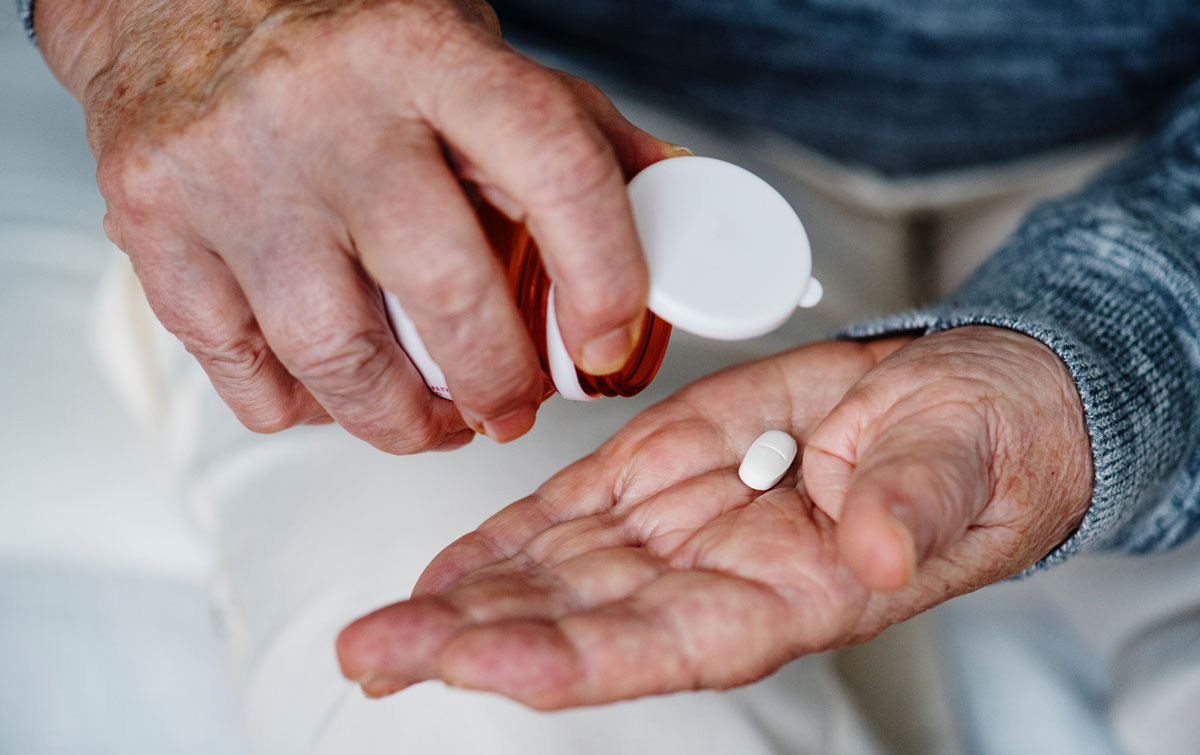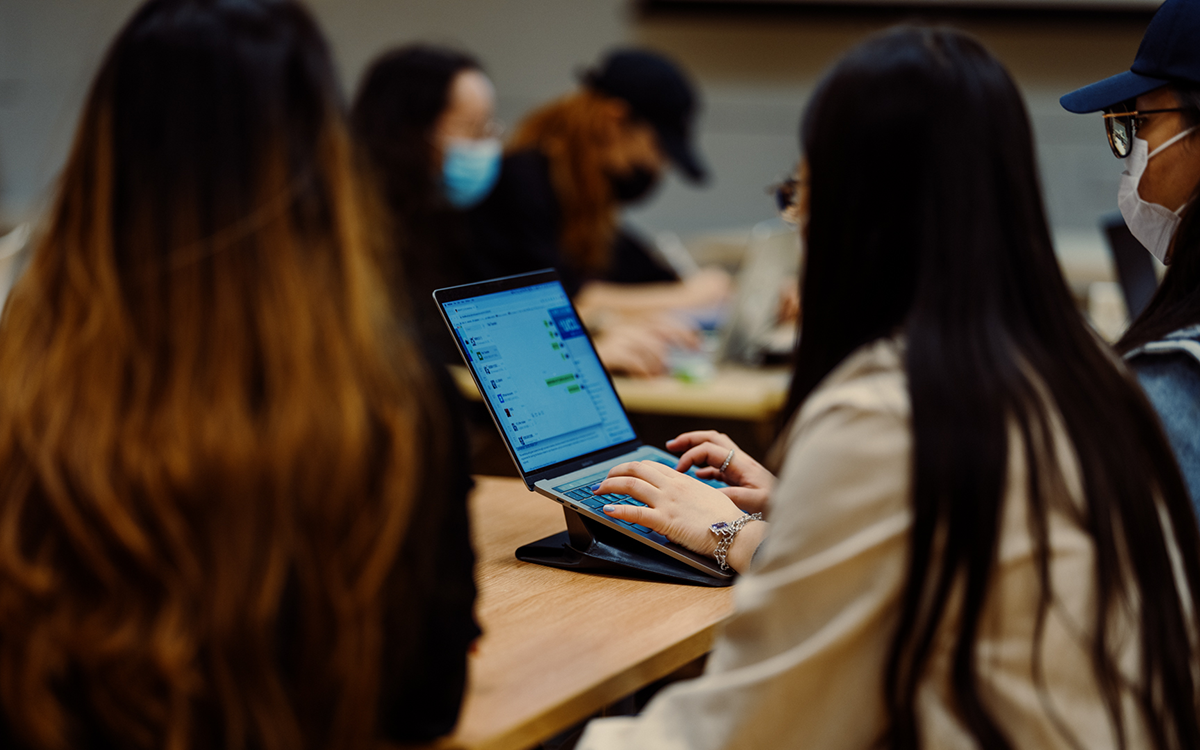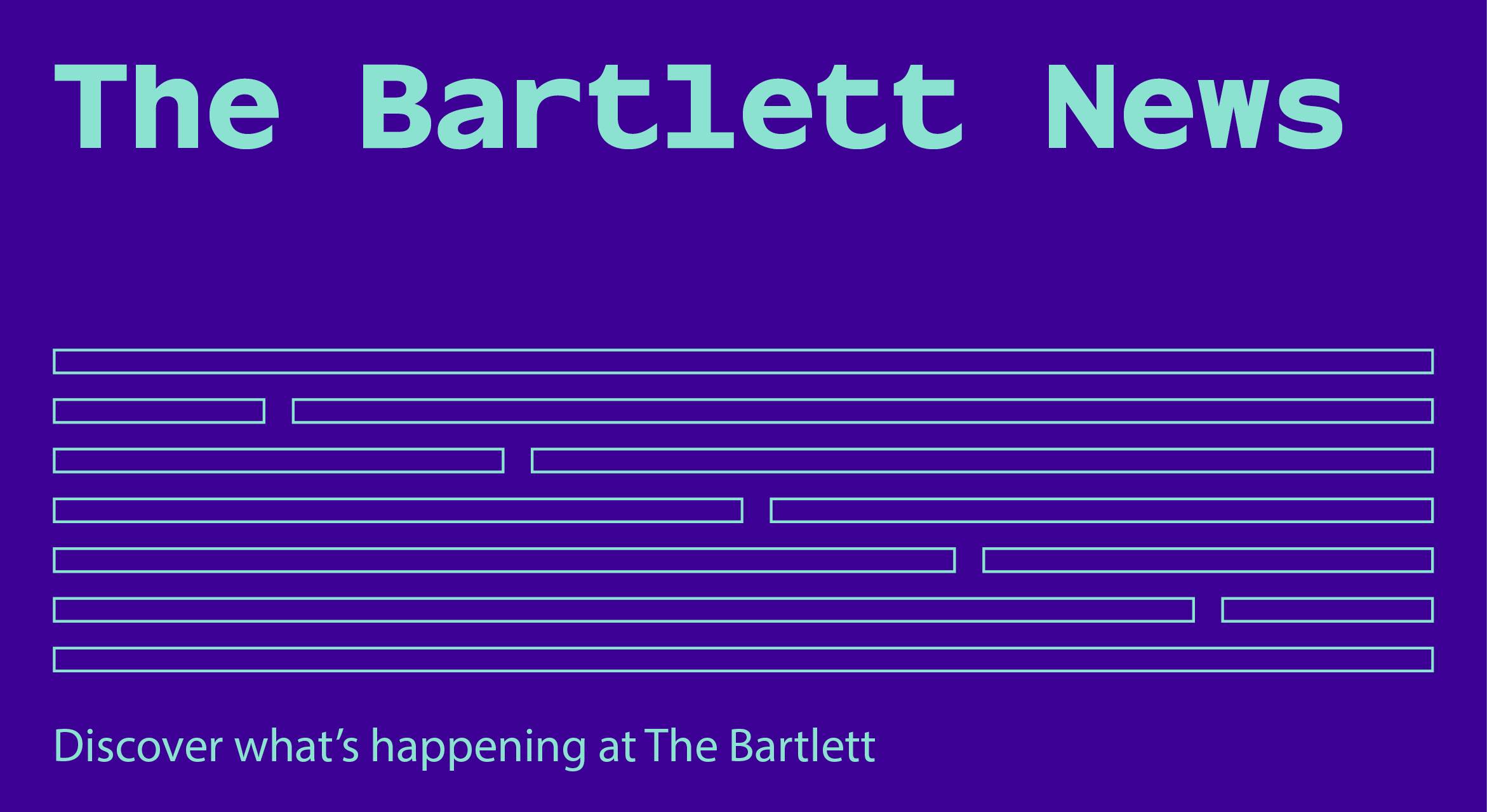The Bartlett’s Institute for Innovation and Public Purpose is working with UK healthcare campaigners to remind policy-makers of the importance of universal affordable healthcare.

In 2016, the NHS spent £1bn on drugs that had received public investment. This means that the public purse is paying twice for some medicines. Raw Pixel for Unsplash
The Bartlett’s Institute for Innovation and Public Purpose (IIPP) has teamed up with campaigning bodies StopAids, Just Treatment and Global Justice Now to propose radical remedies in a new paper. The People’s Prescription builds on previous campaign material from each contributing organisation, including last year’s Rethinking Value in Health Innovation from the IIPP.
“This groundbreaking report pulls together our experience as campaigners on access to medicines together with IIPP’s academic expertise on innovation policy,” says Heidi Chow, Senior Campaigns Manager at Global Justice Now. “We continue to collaborate to ensure that the report’s proposals drive the fundamental changes needed for a health innovation system that delivers public value.”
Here are some key elements from The People’s Prescription:
- Many successful drugs are founded on research by public bodies. More of the rewards from those drugs should be ploughed back into public research, not the profits of pharmaceutical companies.
- Governments should use missions to set the direction of innovation by focusing the energy of the state, civil society and private sectors on clearly articulated public health goals.
- Medical research should be open and collaborative. Publicly available results would foster greater diffusion of knowledge so that more treatments for more diseases are found more quickly
- Pharmaceutical companies abuse the patent system to protect revenue rather than develop genuinely new ideas. This obstructs the development of generic drugs that poorer people and poorer nations can afford.
- The share price of a pharmaceutical company should not determine the pay of its executives – they should be rewarded by the measure of medical breakthroughs.
- The pharmaceutical industry is following a host of other sectors by ‘financialising’. This means a focus on short-term shareholder value at the expense of innovation that delivers long-term public value. Governments need to shape a system that works.
Paying twice for the same medicines
In 2016, the NHS spent £1bn on drugs that had received public investment. This means that the public purse is paying twice for some medicines: in funding research to discover new remedies, and then in prescription costs to the companies which have translated that basic research into products (see ‘Abiraterone’, bottom of page).
The People’s Prescription proposes that the Medical Research Council and universities get more back in revenue, while national agencies around the world work together on negotiating lower drug prices for all.
Professor Mariana Mazzucato, Director of IIPP and co-author of the paper, has consistently argued that “it is transparency and collaboration that maximise the rate of innovation”. That is because finding new cures is rarely straightforward. One study estimates that more than one-third of all anti-cancer drugs were discovered by accident.
But valuable findings are increasingly obscured from the view of other medical researchers by means of patents. Such protectionism is not in the public interest. Nor does it promote a knowledge-based economy. Governments can reverse the trend by resetting the agenda – and patent law – to foster an ethos of greater sharing.
This means tackling major pharmaceutical companies’ habit of broadening and stretching patents to fend off competition rather than protect genuine innovation. More than three-quarters of new medicine patents correspond to drugs already on the market, while secondary patenting extends the period of exclusivity for drugs by an average of 6.7 years, according to US authorities.
Companies do this to earn more revenue – to the detriment of medical advances and the finances of hospitals and individuals. The World Bank estimates that the high cost of medicines push 100 million people globally below the poverty line.
Medicine is a necessity, not a luxury. The IIPP paper is a timely reminder that if policy-makers are to uphold the spirit of the NHS – affordable healthcare for all – then public needs must take precedence over the financial desires of the pharmaceutical industry.
Abiraterone: Do the maths
- £137m: amount the Institute for Cancer Research (ICR) received by the end of 2017 from sales of pills including Abiraterone, a treatment for prostate cancer discovered at the ICR 25 years earlier.
- £172m: amount paid by the NHS between 2014 and 2016 for pills containing Abiraterone.
- £7.5bn: global sales derived from Abiraterone by the end of 2016 for Johnson & Johnson, the pharma company that owns the drug.
Mariana Mazzucato is is Founding Director of the UCL Institute for Innovation & Public Purpose
 Close
Close




